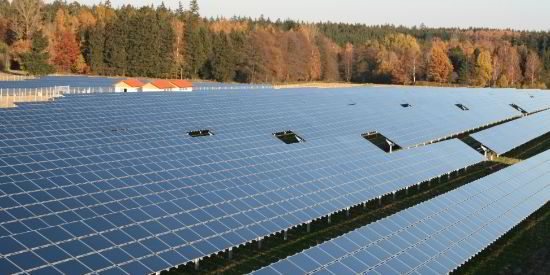According to provisional estimates, renewables are likely to contribute 23% of Germany’s electricity output in 2012, up from 20% last year, the German Association for Energy and Water Industries (BDEW) said today.
Wind continues to be the leading renewable source, providing 8% of the country’s electricity generation. Biomass was responsible for 6% of power output, followed by PV with 5%.
PV is expected to have boosted its output this year to 28.5 terawatt hours, up from 19.3 terawatt hours in 2011.
Hydropower follows with 3% and biogenic waste with 1% of German electricity generation.
The BDEW is worried, however, that gas generation has fallen by 14% during the first nine months of the year – partly because of the rise of renewables, but also because of an increase in the use of more polluting – but cheaper – coal.
This is because Germany’s power market gives first priority to renewables, but then to the lowest-priced generation option among non-renewable energy sources, leaving gas at a disadvantage.
Utilities have complained that this has made new gas-powered plants uneconomical at a time when they are increasingly needed as a rapidly-available reserve generation capacity due to Germany’s nuclear phase-out.

